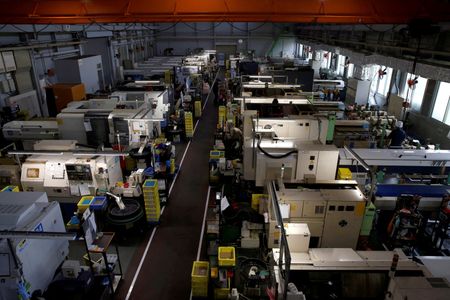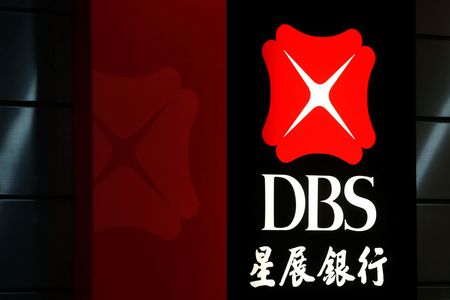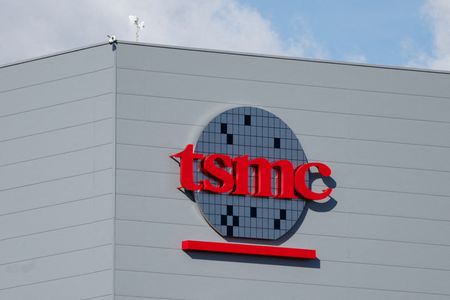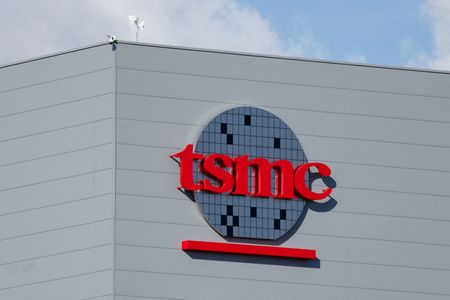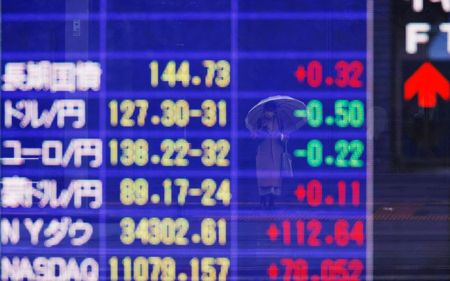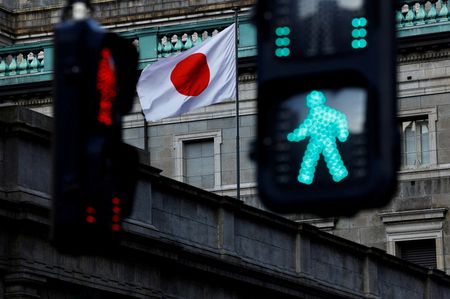TOKYO (Reuters) – Japan’s factory activity fell at the fastest pace in 10 months on sluggish demand, a private-sector survey showed on Monday, with business confidence hitting a more than two-year low in a sign that the manufacturing sector is under heavy pressure.
The final au Jibun Bank Japan manufacturing purchasing managers’ index (PMI) slumped to 48.7 in January, lower than the 48.8 in the flash reading and 49.6 in December.
The PMI has remained below the 50.0 threshold that separates growth from contraction for seven consecutive months, suggesting persistent weakness in the sector.
“Muted trends were sustained across the (manufacturing) industry at the start of 2025,” said Usamah Bhatti at S&P Global Market Intelligence, which compiled the survey.
The key subindex of output remained in contraction for the fifth consecutive month due to cuts in production, especially in investment and the intermediate goods sector.
New orders extended their declines for the 20th straight month, with sentiment among the automotive and semiconductor sectors particularly weak.
Although firms remained upbeat for the year-ahead, optimism eased to the lowest level since December 2022 while the level of outstanding business sank in January.
“Firms were optimistic about an eventual demand recovery, but concerns were raised regarding the timing of any such improvement,” Bhatti said.
New orders from overseas fell but at a slower pace in January compared with the previous month. While sales to the United States and mainland China were subdued, there was strong demand from Taiwan.
Inflation continued to weigh on Japanese manufacturers in January, with both input and output prices remaining high. The hiring of experienced staff and the filling of vacancies kept employment in expansion.
(Reporting by Satoshi Sugiyama; Editing by Sam Holmes)

